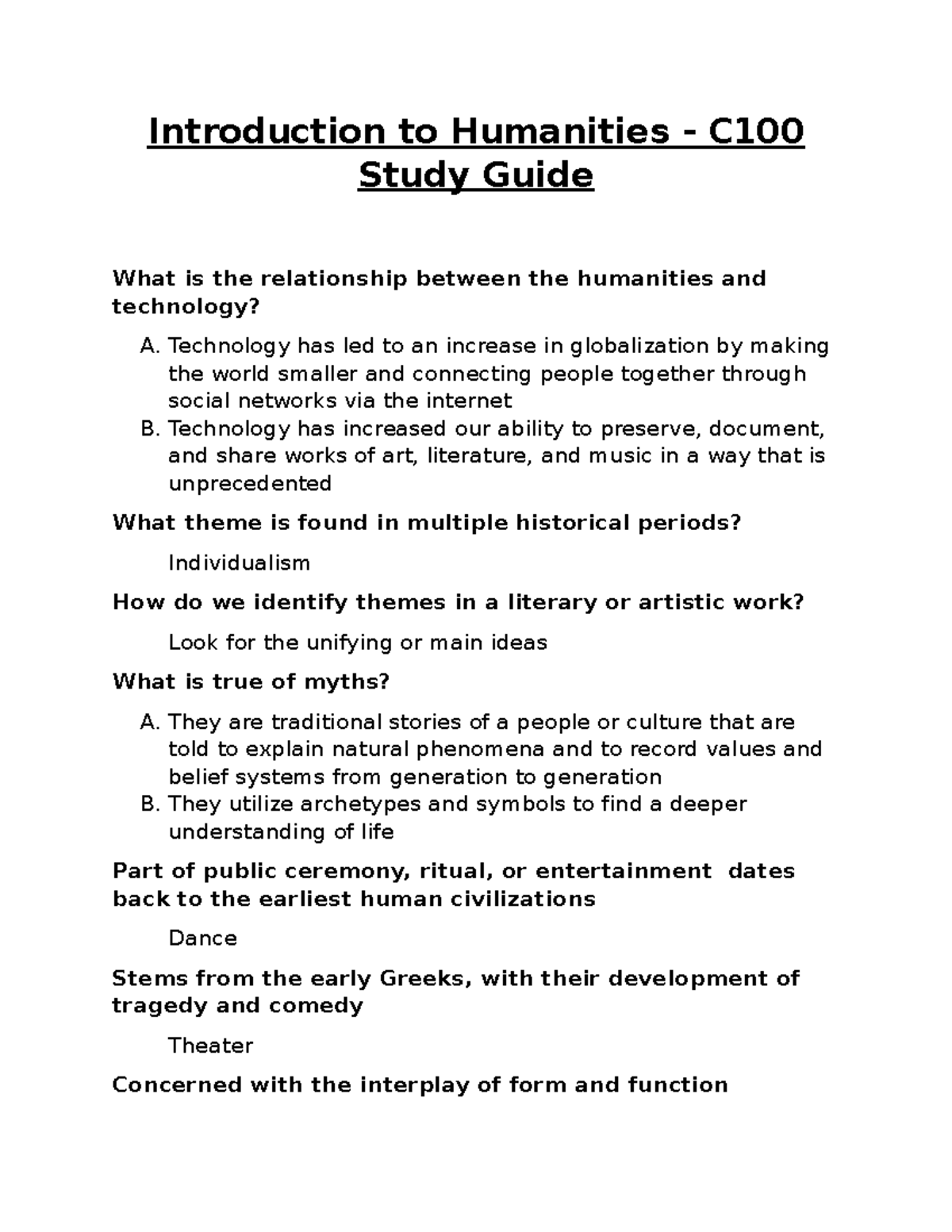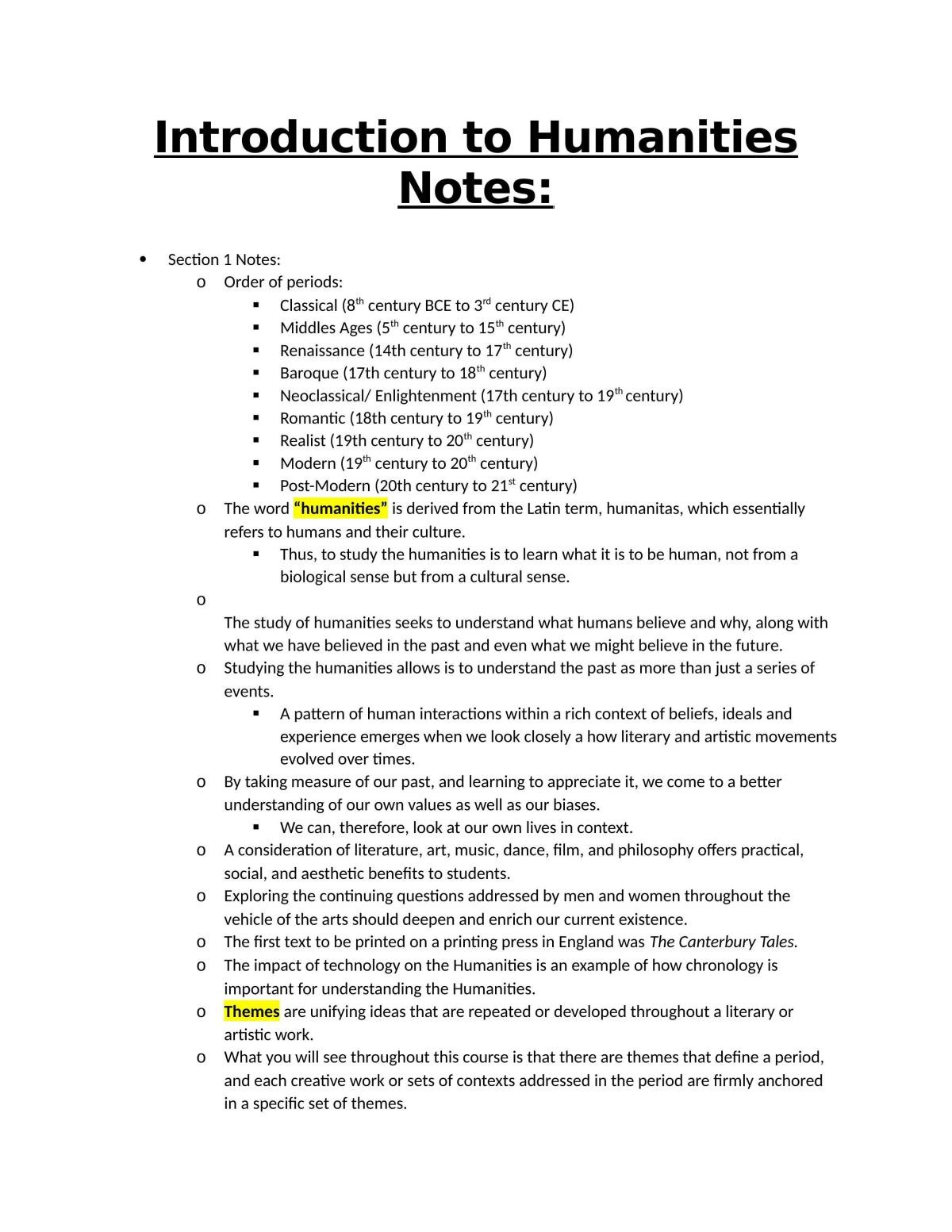Katie Kitamura is an author whose compelling narratives explore the intricate dance of human relationships and the unsettling edges of modern life. Recently, she garnered critical acclaim for her latest novel, “Audition,” which delves into themes of performance and identity, highlighting her unique perspective on the genre of modern horror fiction. Set against the backdrop of a claustrophobic New York City apartment, Kitamura’s storytelling captures the uncanny intricacies of life in midlife. As a resident in Brooklyn and a recent Guggenheim Fellow, her voice resonates with readers who appreciate literature’s capacity for profound exploration of privacy and personal truths. In anticipation of her appearance at the Harvard Humanities Center, Kitamura reflects on her literary journey and the influences that shape her work, making her a prominent figure in contemporary fiction.
Katie Kitamura, an acclaimed novelist exploring the nuances of human connection through her thought-provoking stories, has recently captured the literary world’s attention with her book, “Audition.” This novel scrutinizes the performance inherent in everyday life, raising significant questions about identities and relationships. Kitamura’s engagement with themes of horror within contemporary contexts reflects a modern sensibility that connects deeply with societal anxieties. As she prepares for her discussion at the Mahindra Humanities Center, her insights into literature and performance offer a rich tapestry that goes beyond simple storytelling. Thus, Kitamura’s work not only entertains but also invites readers to engage with the complex layers of existence, making her contributions to literature truly vital.
Katie Kitamura’s Exploration of Horror in ‘Audition’
In her latest novel, ‘Audition,’ Katie Kitamura delves into the nuances of horror intertwined with modern life, presenting a tapestry of unsettling themes that resonate with readers. The narrative revolves around a central character grappling with complex emotions and familial dynamics while navigating the labyrinth of midlife crises. Kitamura’s exploration of the uncanny, especially her reflections on motherhood and identity, paints a vivid picture of a domestic setting that morphs into something eerily unrecognizable. The inspiration from classics like ‘Rosemary’s Baby’ is evident, as Kitamura skillfully crafts moments that twist reality, making the familiar feel alien.
What elevates ‘Audition’ beyond a simple horror narrative is Kitamura’s focus on performance as a thematic pillar. The protagonist’s experience as an actor shapes her view of the world, pushing readers to confront the underlying tensions within familial relationships. This juxtaposition of public persona and private truth echoes the essence of horror, where the true fright often lies within the self. As Kitamura explores these themes, the once-innocuous acts of daily life transform into a fertile ground for dread, prompting readers to question their perceptions of both themselves and those they hold dear.
The Role of Performance in Literature
Performance is a central theme in Kitamura’s work, particularly in ‘Audition.’ She posits that our identities are shaped through the roles we adopt and the performances we enact in different contexts. It’s a meditation on the human condition, and the delicate dance we engage in while navigating our relationships. Through her unique narrative lens, Kitamura compels readers to reflect on the masks they wear in society. This notion resonates deeply in an age where authenticity is often at odds with societal expectations, making her commentary on performance particularly relevant.
Moreover, Kitamura’s background as a writer and educator allows her to draw parallels between performance in literature and in life. In her interviews, she emphasizes that characters’ performances can reveal deeper truths about their motivations and fears. Such insights delve into the psychology behind human interactions, whether in intimate relationships or broader social constructs. This thematic richness positions her as a significant voice, especially for emerging writers grappling with similar questions of identity and performance in their own narratives.
The Influence of the Pandemic on ‘Audition’
Although ‘Audition’ does not explicitly reference the pandemic, Katie Kitamura acknowledges that the novel’s atmosphere was shaped by the pervasive fears and anxieties of that time. The confined spaces, strained family dynamics, and psychological weight reflected in the narrative mirror the realities many faced during lockdowns. Kitamura’s acknowledgment of these influences showcases her ability to channel the collective experience into her literary work, providing readers with an introspective lens through which they can examine their own feelings of uncertainty.
This subtle intertwining of societal issues with personal narratives gives ‘Audition’ its depth. Kitamura reflects on how the global crisis not only influenced her writing process but also the psyche of her characters. By placing her protagonist in a claustrophobic environment, Kitamura is able to explore themes of isolation, anxiety, and the disintegration of trust—elements that resonate deeply with audiences navigating the aftershocks of a world transformed by the pandemic.
Intersections of Literature and Visual Art in Kitamura’s Works
Katie Kitamura’s novels exhibit a profound appreciation for various forms of art, including literature and visual storytelling. As she crafts narratives, she often draws upon visual art’s influence to enhance the emotional resonance of her writing. This cross-pollination of artistic forms allows her to create richly layered texts that engage the senses and evoke vivid imagery. In ‘Audition,’ the character’s experiences can be likened to a carefully curated exhibition, where each moment unfolds with intent and artistry that compels readers to look deeper.
Moreover, Kitamura’s exploration of visual art connects her work to broader conversations within literary circles. Engaging with themes from modern horror fiction and art, she elevates the discourse around performance and representation. This melding of literature and visual art not only enriches her narratives but also encourages readers to reflect on how these forms impact their understanding of identity and self-expression. Kitamura’s dual focus on writing and visual aesthetics positions her as a key figure in the contemporary literary landscape.
Teaching and Advocation for Literature in Modern Contexts
In addition to her writing, Katie Kitamura is passionate about teaching and cultivating a love for literature among her students at New York University. She advocates for the relevance of literature even amidst societal upheaval and technological advancements. Through her teaching, she emphasizes the importance of narrative in shaping our understanding of the world and ourselves, encouraging students to engage critically with texts. Kitamura believes that literature is a powerful medium for connection, fostering empathy and understanding in an increasingly fragmented society.
The importance of literature, particularly in times of crisis, is a recurring theme in her workshops. Kitamura reminds her students that fiction has the power to challenge dominant narratives and provoke thought. By developing their own voices through writing, her students learn to navigate the complexities of modern life while honing their ability to express ideas with clarity and precision. This commitment to literature not only nurtures aspiring writers but also reinforces the idea that storytelling remains an essential human endeavor.
Katie Kitamura’s Legacy as a Modern Horror Author
As Katie Kitamura establishes herself within the realm of horror fiction, her work signals a paradigm shift in how contemporary narratives approach fear and suspense. Rather than relying solely on traditional horror tropes, Kitamura breathes new life into the genre by intertwining visceral psychological elements with everyday life. Her narratives often explore the fragility of family dynamics, making them relatable yet horrifying—challenging readers to confront their own fears within their relationships.
Kitamura’s contributions are particularly noteworthy for blending modern horror with introspective character studies, creating a space for readers to analyze fear not just as an emotion but as a phenomenon that intersects with personal identity and societal constructs. Her work invites readers to unravel the layers of horror presented in mundane settings, ultimately redefining what modern horror can encompass. As she continues to push boundaries, Kitamura is poised to leave a significant mark on contemporary literature, inspiring future generations of writers to explore the genre’s potentials.
Exploring the Role of Privacy in Relationships
Privacy emerges as a critical theme in Kitamura’s narrative landscape, particularly within ‘Audition.’ She challenges the notion of complete transparency in relationships, positing that true intimacy often resides in the shadows of unspoken thoughts and fears. By crafting characters who grapple with their own desires for privacy, Kitamura highlights the tension that arises when individuals seek to know and be known fully. This exploration leads readers to question the balance between vulnerability and self-preservation in their own lives.
Additionally, the portrayal of privacy in her work extends beyond interpersonal relationships; it delves into the societal implications of disclosing or withholding information in an increasingly interconnected world. Kitamura’s perspective underscores the vital role of personal boundaries, asserting that a healthy degree of privacy can cultivate deeper connections. As she navigates these complex dynamics, readers are prompted to reflect on their own relationships, considering how silence or secrecy can shape their experiences and interactions.
Layering Language and Meaning in Kitamura’s Prose
Katie Kitamura’s command of language distinguishes her work, enhancing the themes she seeks to explore. Her prose is noted for its precision and depth, allowing her to convey complex emotions and ideas with a clarity that resonates with readers. This meticulous approach to language invites readers to engage thoughtfully with the text, peeling back layers of meaning to uncover deeper truths. In ‘Audition,’ every word is carefully chosen, guiding readers through the character’s internal landscape while mirroring the intricacies of human relationships.
Moreover, Kitamura’s use of language exemplifies the intersection of literature and lived experience, where her characters’ dialogues and thoughts reflect broader societal discourses. The interplay between language and meaning in her works highlights the importance of storytelling in shaping our understanding of reality. As readers navigate her richly crafted worlds, they are encouraged to appreciate the power of language not just as a tool for communication but as a means of exploration and expression.
Frequently Asked Questions
What are the themes explored in Katie Kitamura’s novel ‘Audition’?
Katie Kitamura’s ‘Audition’ delves into themes of performance in literature, examining how characters adapt and present themselves in various roles. The story uniquely portrays the unsettling experiences of midlife and family dynamics, drawing inspiration from elements of modern horror fiction, particularly the psychological tension found in claustrophobic settings.
How did Katie Kitamura’s experience during the pandemic influence her writing of ‘Audition’?
Although ‘Audition’ does not explicitly depict masks or viruses, Katie Kitamura acknowledges that the novel embodies a pandemic vibe. Written in the context of the COVID-19 pandemic, it reflects themes of confinement and psychological strain within a family, revealing how the socio-political atmosphere can subtly influence a writer’s work.
What is Katie Kitamura’s view on the significance of performance in relationships as depicted in her works?
In her novels, including ‘Audition,’ Katie Kitamura suggests that performance is integral to how we interact with each other. She argues that our personalities are shaped through the various roles we play, revealing the complexities of personal relationships and the unsettling gaps that can arise when those roles begin to falter.
Who are Katie Kitamura’s key influences in the horror genre?
Katie Kitamura cites works like ‘Rosemary’s Baby’ by Ira Levin and ‘The Haunting of Hill House’ by Shirley Jackson as significant influences in crafting the eerie aspects of her novel ‘Audition’. These works inspire her exploration of the uncanny and the unsettling dynamics within familiar settings.
What role does Katie Kitamura see fiction playing in contemporary society?
Katie Kitamura emphasizes the vital role of fiction in empowering language and facilitating connections between people. In an era filled with social and ecological crises, she believes that storytelling becomes increasingly important for observing reality and imagining alternative futures.
How does Katie Kitamura’s educational background inform her writing?
As a former English major and a current writing instructor at NYU, Katie Kitamura draws on her academic experiences to enrich her novels. She believes that literature cultivates crucial skills in language precision and critical thought, highlighting the power of reading and writing in fostering connection and understanding.
What accolades has Katie Kitamura received for her contributions to literature?
Katie Kitamura was recently named a 2025 Guggenheim Fellow in fiction, a significant recognition of her talents and contributions to contemporary literature, further elevating her works, including ‘Audition’ and ‘Intimacies’.
How does Katie Kitamura address the notion of privacy in personal relationships through her narratives?
In ‘Audition’ and her other novels, Katie Kitamura explores the idea that privacy is essential in relationships. She suggests that maintaining certain parts of ourselves hidden can be healthy, challenging the notion of complete transparency as a myth within intimate connections.
| Key Points |
|---|
| Katie Kitamura is an acclaimed author, recently published her fifth novel ‘Audition’, which explores themes of performance and horror. |
| The novel is set against a backdrop of uncertainty in midlife, blending elements of horror with the psychological tension of family dynamics. |
| Kitamura draws inspiration from notable works like ‘Rosemary’s Baby’ and ‘The Haunting of Hill House’ to create an eerie atmosphere. |
| ‘Audition’ reflects societal themes such as the pandemic’s impact, even though it does not explicitly mention masks or vaccines. |
| Kitamura emphasizes the significance of performance in personal relationships and the complexity of truly seeing one another. |
| As a teacher at NYU, she argues for the importance of literature, especially in times of crisis, highlighting its role in fostering connection. |
Summary
Katie Kitamura continues to captivate readers with her exploration of nuanced themes in her latest novel, ‘Audition’. The work reflects a chilling examination of performance and identity amidst the complexities of midlife, echoing influences from classic horror literature. As debates around the impact of societal crises unfold, Kitamura reminds us of the powerful connection literature fosters, making her insights profoundly resonant today.










